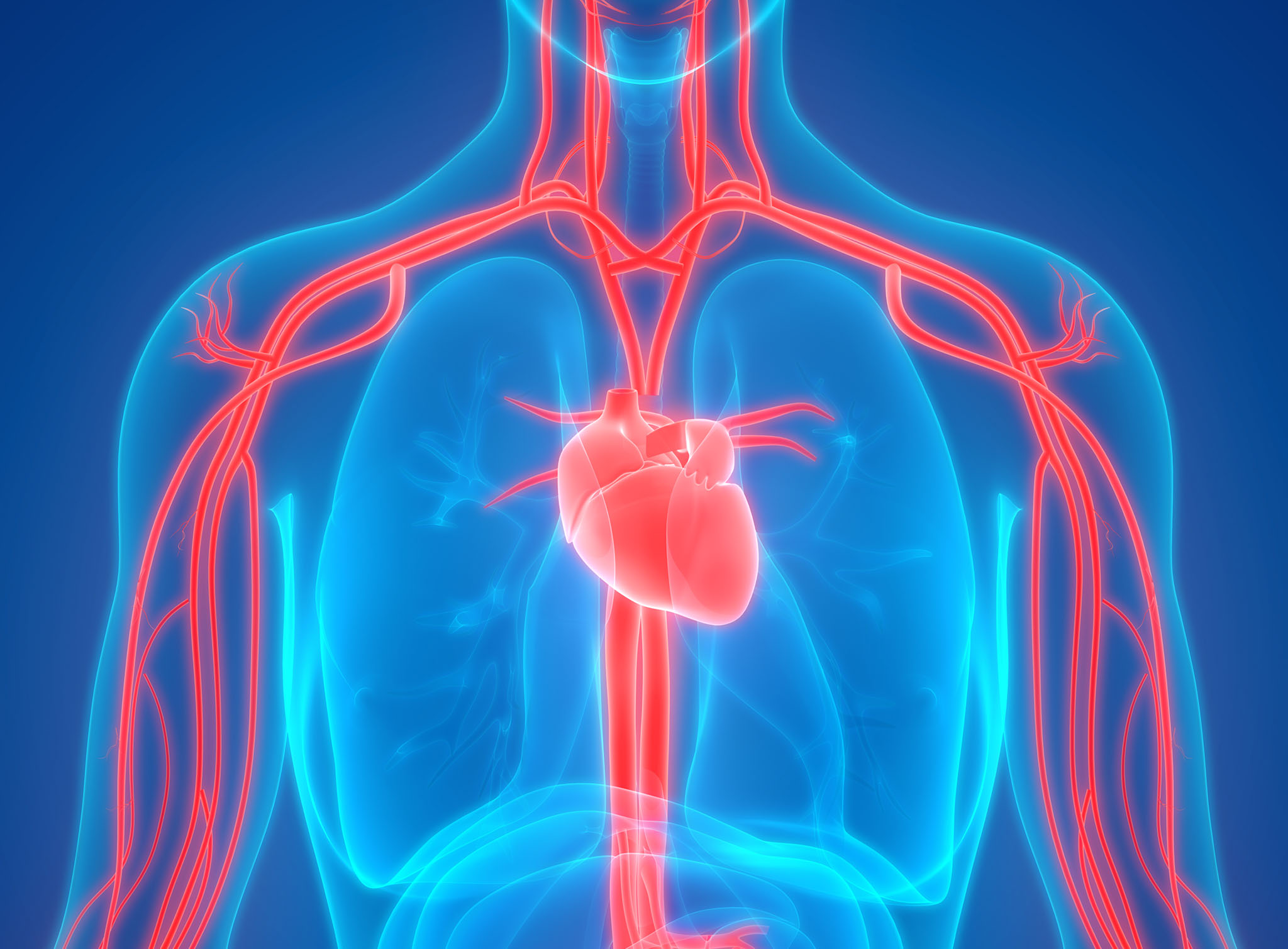Cardiovascular disease (CVD) is a broad term for many conditions that can affect your heart. Knowing the difference between these conditions, and which symptoms they cause, can be important. Here’s what you need to know, based on a recent report from the American Heart Association:
Heart Attack Top Symptom:
Chest pain that may move to the jaw, neck, back, or arm
May also cause:
- Difficulty breathing
- Cold sweats
- Nausea
Heart Failure Top Symptom:
Difficulty breathing
May also cause:
- Upset stomach or lack of appetite
- Fatigue
Valve Disease Top Symptoms:
(Symptoms can vary depending on the valve affected.)
- Chest pain
- Fainting
- Difficulty breathing
Stroke Top symptoms:
- Weakness or numbness
- Difficulty speaking
- Confusion
- Dizziness
Rhythm Disorders Top Symptom:
(Conditions like atrial fibrillation (AF) and atrial flutter fall under this category.)
- Heart palpitations (a fluttering, irregular, or fast heartbeat)
Atrial Fibrillation (AF) may also cause:
- Fatigue
- Difficulty breathing
- Dizziness
Peripheral Artery Disease (PAD) Top symptoms:
- Leg pain when at rest
- Calf pain in one or both legs while walking
Don’t Hesitate
Call your healthcare provider if you have any of these symptoms. If you or a loved one show signs of a heart attack or stroke, call 911.
Talk With An Expert
Southern Indiana Heart & Vascular is the most experienced and respected cardiovascular physician group in South Central Indiana. Contact us at 812.379.2020 to schedule an appointment with one of our providers.


